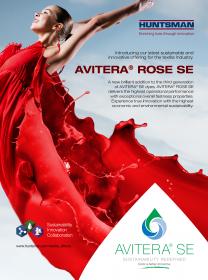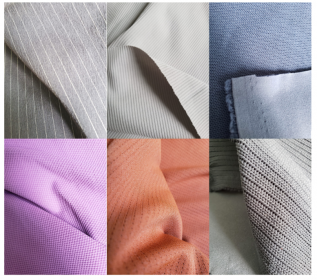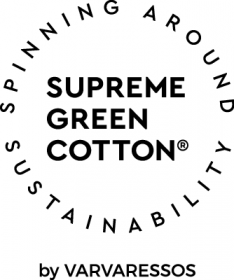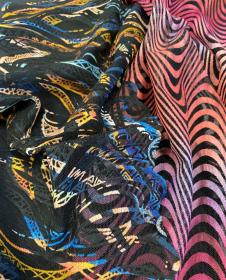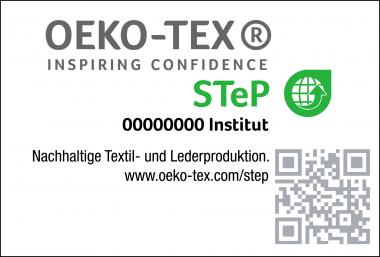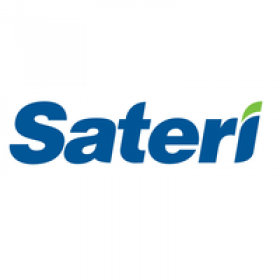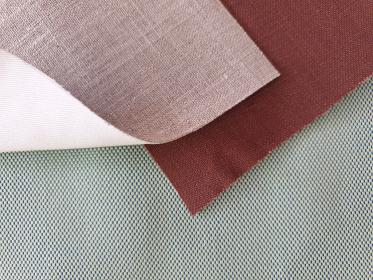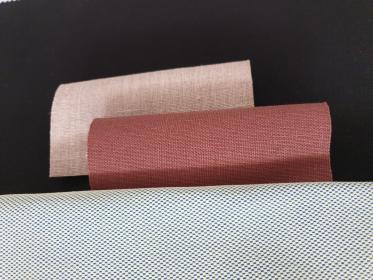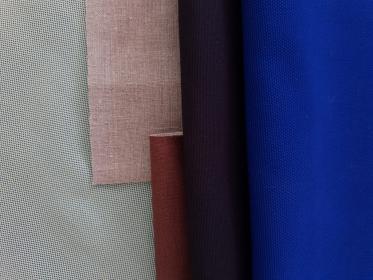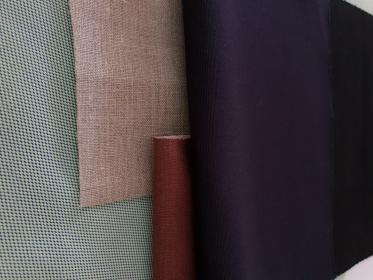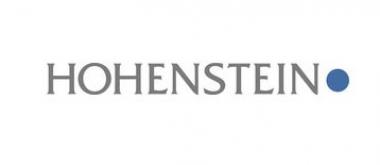Huntsman’s AVITERA® SE Rose delivers Sustainability and Performance
Huntsman Textile Effects has released the latest addition to the third generation of its revolutionary AVITERA® SE polyreactive dye range with the introduction of AVITERA® ROSE SE for brilliant bluish-red shades. The innovative new dye significantly outperforms the available dyeing technologies for cellulosic fibers and blends, delivering substantial water and energy savings, exceptional overall fastness, and reduced costs.
AVITERA® ROSE SE slashes the water and energy required for production by up to 50% thanks to its unique low-temperature and high-speed wash-off technology. It further delivers excellent right-first-time performance, with outstanding compatibility, levelling properties, and on-tone build-up. The cost-effective formulation reduces recipe costs for medium-dark shades while both minimizing processing costs and eliminating reprocessing. It also increases mill output by up to 25% or more.
Using AVITERA® ROSE SE, brands can stand out with brilliant bluish-red textile products in a broader shade gamut. The dyes offer very good light fastness levels for classic bluish trichromatic element, with exceptional overall fastness performance. Products dyed with AVITERA® ROSE SE have the highest chlorine resistance, tailormade for stringent Japanese and US laundering requirements, and are suitable for use with Huntsman’s HIGH IQ® Lasting Color Eco color-retention program. With minimal chance of cross-staining, they are ideal for red-white striped cotton knit fabric.
AVITERA® ROSE SE is fully compliant with the most stringent industry and brand-specific restricted substance lists. It is bluesign® approved and is suitable for STANDARD 100 by OEKO-TEX® certified textile products.
Launched by Huntsman Textile Effects in 2010, the first-generation AVITERA® SE dyes set the benchmark for sustainability in the textile industry. The second generation expanded the range’s color palette from the palest to the deepest and darkest shades. The third generation further enhances the economic sustainability of the AVITERA® range while delivering unrivalled environmental benefits, outstanding operational performance, and attractive textiles with exceptional overall fastness.
Huntsman Corporation


